10 Signs Apple Has Hit An Innovation Wall
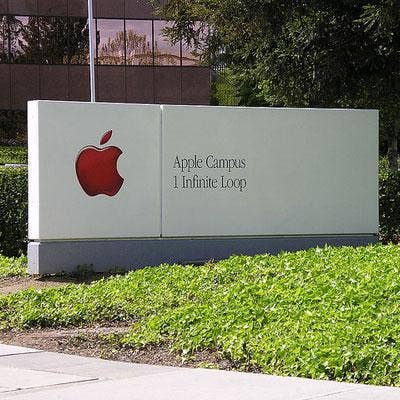
Slumping Giant?
Is Apple slumping? The Cupertino, Calif., technology giant has been churning out impressive revenue and earnings as usual. But the company's product track record has some wondering if Apple has reached a plateau since the passing of iconic founder and former CEO Steve Jobs in 2011. Meanwhile, competitors Samsung and Google have caught up and, in some cases, surpassed Apple in the smartphone and tablet markets. Here are 10 signs that Apple has may have hit an innovation wall.

No New Product Category
Apple had an unprecedented run of successful product launches from 2001 (the original iPod) to 2010 (the first iPad), with its flagship iPhone and revolutionary MacBook Air wedged in between. But lately analysts and investors are wondering where the next great Apple blockbuster is. In its second-quarter fiscal 2014 earnings call last week, Apple CEO Tim Cook (pictured) promised "great things" are coming from the company in the near future. But investors and analysts are getting impatient.
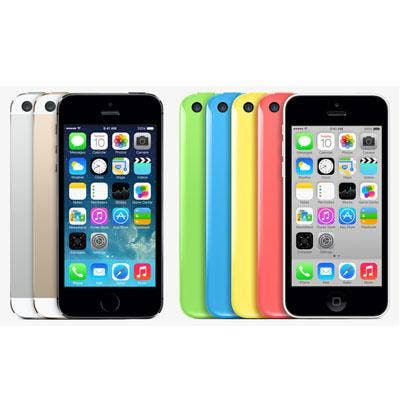
iPhone Woes
In Apple's first fiscal quarter for 2014, ended Dec. 28, the company saw record iPhone sales with 51 million units sold over the holiday quarter. But analysts were expecting 55 million units sold, thanks to the release of not one but two new models: the iPhone 5s and 5c. Concerns about declining iPhone sales are nothing new, but Android's massive growth and the lukewarm response to the cheaper iPhone 5c have rekindled those fears.
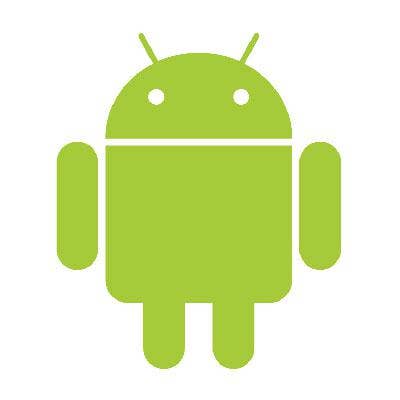
Android Beating iOS
Solution providers have been saying for some time now that Android's functionality and features have surpassed those of Apple's iOS -- even after the launch of iOS 7 last summer -- thanks to superior multitasking and application management. Even Steve Wozniak agrees: Last year Apple's co-founder, who is a well-known fan of Android, said Apple's smartphone was falling behind competitors such as Samsung and its Android devices (he even joked earlier this year that Apple should make an Android phone, which went over about as well as you'd expect with Apple fans).
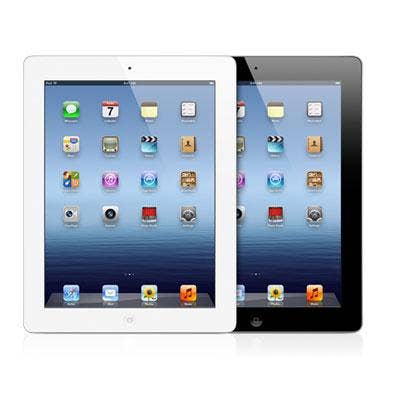
iPad Sales Slowing
It's not just iPhone sales that are concerning investors -- now it's iPad sales, too. Apple's tablet business took a major hit in the second quarter, with 16.4 million iPad tablets sold compared with 19.5 million during the same period one year ago. Apple said the 16 percent decline in sales was largely due to a reduction in channel inventory, but compare that with Samsung's continued tablet growth -- nearly 13 million tablets sold in its most recent quarter – and it's clear this will be an area to watch closely as the year progresses.
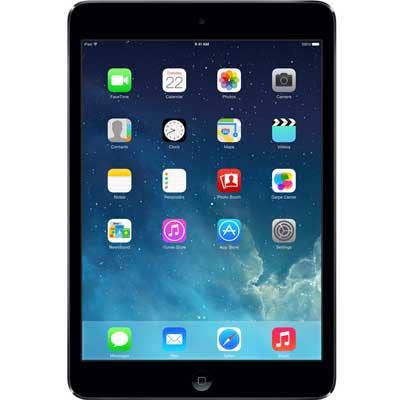
iPad Sizes
While the iPad is still the market leader and gold standard for tablets, Apple has failed to keep up with evolving form factors. The company was slow to introduce a smaller 7-8 inch iPad model and watched Amazon, Google and Samsung introduce smaller tablets well ahead of the iPad Mini's launch. And while there's rumored to be a larger 12-inch iPad coming in October, Apple is once again several steps behind chief rival Samsung, which has unleashed not one but two 12-inch tablets for its Galaxy Tab Pro and Galaxy Note Pro lines.

Larger Smartphone Delayed
While Apple has made small tweaks to the iPhone over time, the company has stubbornly gone to market with a one-size-fits-all approach while competitors have introduced larger smartphones and "phablet" devices. Apple finally appears ready to move up from the iPhone's 4-inch display -- the company is reportedly working on a 5.5-inch iPhone 6 to go along with a 4.7-inch version. But now comes a report that the larger iPhone 6 will be delayed. Apple allowed smartphone rivals to get ahead of it, and now it's apparently having trouble reacting.
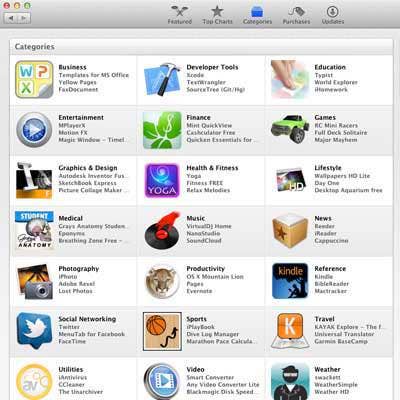
iTunes Is A Mess
Of all the Apple products that have taken a beating from critics of late, iTunes stands at the top of the list. Consumers and analysts have criticized Apple's digital media service lately for its increasingly bloated interface, frustrating navigation, and needless features (Ping, for example). In addition, Apple took too long to react to Pandora Radio and Spotify with its own iTunes Radio (released last fall in iTunes version 11.1). And the program's movie and television offering has been eclipsed by the likes of Netflix and Amazon.
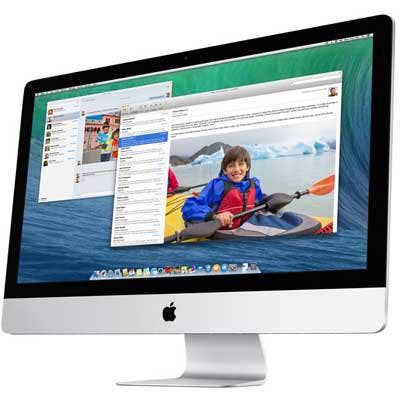
Giving Away Mavericks
In terms of popular operating systems, Apple's OS X was the gold standard for many people. The redesigned OS, first released in 2002, was a major hit for the company. But Apple's once-mighty OS is now freeware; the company said last fall that the latest OS X release, dubbed Mavericks, will be a free upgrade for customers. Yes, Apple sees more revenue potential in hardware and services than software. But the fact that Apple is giving away its desktop/notebook OS may show the company has run out of new features that can justify a premium price for OS X.

Wearable Devices
Smartwatches haven't exactly set the world on fire, sure. But the wearable computing device market is heating up and a host of Apple rivals, from Samsung to Sony to Motorola and LG, have all announced new smartwatches that are compatible with or based on Android. Meanwhile, the long-rumored Apple smartwatch (dubbed "the iWatch") has yet to materialize. Is this another market in which Apple will be playing catch-up?

Losing Ground To Chromebooks?
Apple is a dominant player in the education market, whether it's with MacBooks, iMacs or iPads. But lately Google has been rising in the education space with its Chromebook form factor, and solution providers are taking note. In particular, Google's Chrome Management console, which allows solution providers to deploy and manage thousands of Chromebooks, has been a huge hit with partners. But currently no such tool exists for Apple products. Will Apple lose market share in the education space?